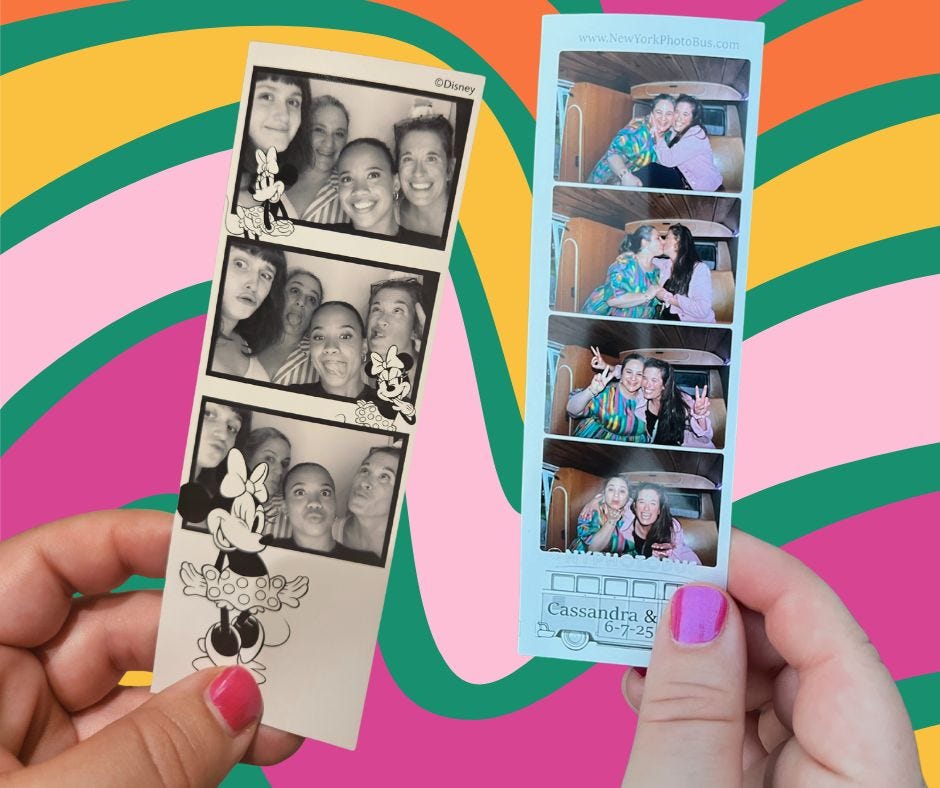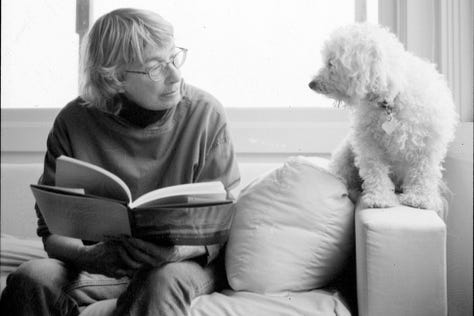Dear reader: If you enjoy any part of today’s newsletter please take a moment to click on the little heart below. I write this newsletter to support folks like you and each “like” helps my platform grow at no cost to you. With gratitude, Laura
The morning after the US bombed Iran I cried in the shower. War, assassinations, gross encroachments on basic rights, and the dissolution of our already flimsy social safety net are breaking my heart daily. Each new headline feels like I have been body checked. The speed of change is disorienting at times. Continuing to put one foot in front of the other as best I can feels like an act of resistance in itself.
I am grieving for stability and for so much of what is being taken away these days from public programs to civil rights.
It feels dramatic to claim that nothing is like how I thought it would be not just in childhood, but even in the aughts. And yet that's how I felt as I sobbed in the shower. During the Obama administration I thought naïvely, that life would always be like it was then: not perfect but hopeful. Perhaps that's why I spent much of May and June of 2025 immersed in all seven seasons of Shondaland's Scandal, which debuted in 2012. In protagonist Olivia Pope's dark and broken world, American power is corrupt, democracy is undermined, but there was hope! There were white hats! There were goodish guys! There were really nice clothes!
I didn’t have a clear vision for my future back in 2012 but it wasn’t whatever this is. Not even when it came to my own personal life. I didn’t picture myself divorced. I had no idea how it would feel to be getting ready to send my only child off to college in the fall. I hadn’t bothered to imagine the inevitable physical decline that comes with middle age. I had no idea that there would be so much to grieve!
(As an aside: I am not always crying in the shower. I embrace moments of hope and have a life blessedly full of laughter. But it feels important to highlight the grief right now because I suspect many of us are experiencing it!)

What is Disenfranchised Grief
In working on my next book I learned the term “disenfranchised grief.” Dr Kenneth J. Doka, a preeminent grief scholar and Senior Vice President for Grief Programs for the Hospice Foundation of America defines it as:
[G]rief that results when a person experiences a significant loss and the resultant grief is not openly acknowledged, socially validated, or publicly mourned. In short, although the individual is experiencing a grief reaction, there is no social recognition that the person has a right to grieve or a claim for social sympathy or support.
“The significant loss” could be anything because what is significant to one may not be significant to another.
In the last year I have experienced many significant losses. I have contended with body grief, due to injury, eating disorder recovery, and menopause. Last June my ex-husband’s father passed, which brought with it tremendous grief and so many complicated feelings around loss, family, and divorce. Shortly thereafter one of my cats suddenly got sick and died and then in the winter I adopted a puppy who turned out to be sick with an untreatable illness. He died in January. My remaining fuzzy friend, Kiki, is having health issues. I’m anticipating August 21 with a mix of emotion; that’s when I move my only child into college for the first time. And I am experiencing all of this while the politics of our time is sanctioning violence, cruelty, and a rollback of rights.
I am not alone in engaging the basic acts of adulting and humaning against this backdrop. We are all doing life as best we can. And as we go on, we lose things and people we love and value. The shape of our lives morphs. Our bodies change and if we are lucky to age, they deteriorate. The climate is changing, and so is the state, and geopolitical climate. If you’re crying in the shower or during your commute, if you are struggling with disbelief, or if you’re feeling weighed down to the point of exhaustion, and it doesn’t feel acceptable to be feeling this way, it might be disenfranchised grief.
What to do if you’re experiencing disenfranchised grief
On an episode of NPR’s Life Kit, host Kavitha Cardoza explores how our experiences of disenfranchised grief often leave us feeling bad or ashamed for having such a big feeling about things that aren’t widely accepted as big enough losses to grieve. What I appreciate most about this conversation is that it helps normalize grieving all sorts of things which is a wonderful way to dissolve the shame.
Cardoza’s expert guests offer the following advice: know it’s normal to feel grief over a wide range of things, get to the root of your grief, talk about your feelings with a trusted person, and create a ritual (even a small one) to honor your grief.
After I cried in the shower I talked about how I found myself struggling with disbelief when it came to both current events and my own personal life with a couple loved ones and in therapy. Afterwards, I made sure to get outside, unplug for a bit and appreciate how despite all of the chaos in the news, the flora and fauna continue to grow right outside my front door by adapting. I continue to contact my representatives and sign petitions and read the news; I cool off with ice water, milkshakes, and by swimming with friends; I keep writing, and I keep on keeping on.
Until Next Time



Nourish yourself and COOK David Tanis’ summer squash caponata. Summer squash is finally in season in the northeast! I ate this for lunch three days in a row this week.
Get outside and READ some Mary Oliver.
Consider grief in theory and LISTEN to “Why We Turn Grief Into Art” from The New Yorker’s Critics At Large podcast.




